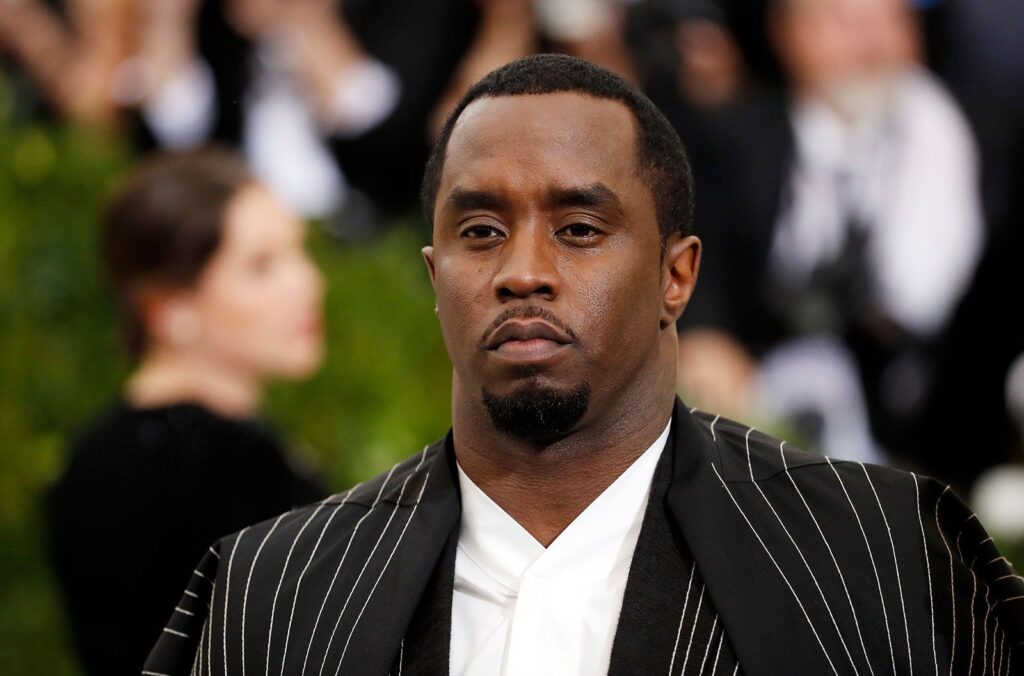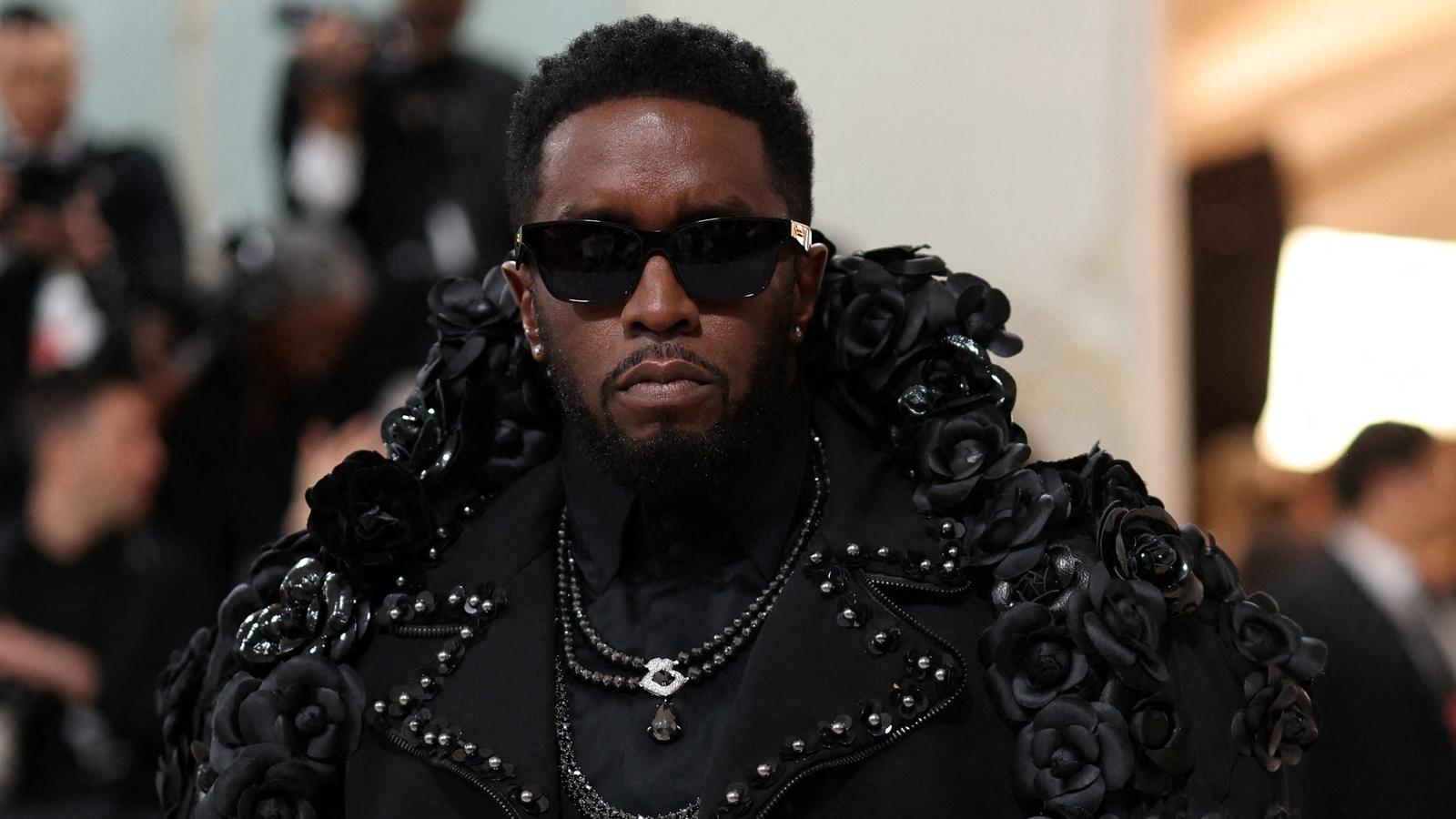In a stunning turn of events that has sent shockwaves through both legal and entertainment circles, Sean “Diddy” Combs appears to have scored significant victories in an ongoing federal legal battle. While the trial hasn’t formally begun, two critical developments—one witness withdrawing entirely and another potentially shifting sides—suggest that the tides may be turning in Diddy’s favor.
But what does this mean for the broader case? And what are the implications for the central accuser, Cassie Ventura? Let’s break it all down and explore the swirling narrative around this complex and high-stakes legal drama.
Witness 3 Drops Out: A Crumbling Pillar of the Case
According to reports from the courtroom, prosecutors have decided not to call “Witness 3,” a previously crucial part of the government’s case. This decision was made despite the fact that the witness had already been subpoenaed.
Why the sudden shift?
Because Witness 3 allegedly told the prosecution flat-out: “I can’t come. I don’t know.” In legal terms, that kind of vague and noncommittal statement is a red flag—especially when the government fears the witness may be classified as “hostile.” Hostile witnesses often undermine a prosecution’s case rather than support it.
Although the federal authorities could technically enforce the subpoena and compel testimony, it appears they decided against the risk. The reasoning? If a witness takes the stand only to provide uncertain, contradictory, or damaging testimony under cross-examination, the entire strategy could implode. Prosecutors are evidently unwilling to gamble on such a wild card.
This is a major win for Diddy’s legal team, both strategically and symbolically. One less accuser, one less damaging narrative, and one more chink in the prosecution’s armor.
Witness 2’s Reversal: Cassie Under Fire?
If losing one witness wasn’t enough of a blow to the prosecution, the second surprise of the day rocked the courtroom even harder.
Another key witness—whose previous statements were thought to be aligned with the victims—may now be attempting to implicate Cassie Ventura, not just as a participant but as a co-mastermind. This witness allegedly claims that Cassie, rather than being a helpless victim, was the one in control of many situations and that Diddy acted more like the “hero” than the villain.
This reversal could be catastrophic for the prosecution if it holds in court.
Imagine trying to convince a jury of a powerful abuse narrative, only for one of your own witnesses to declare that the victim was actually a willing, perhaps even manipulative, participant. The defense is undoubtedly looking to exploit this angle, suggesting that if Cassie was complicit, then Diddy’s actions might not be criminal, but consensual—or at least muddied enough to create reasonable doubt.
And that’s the real goal: doubt.

Why This Matters: The Battle for Perception
Legal arguments are one thing; perception is another. In high-profile celebrity trials, the narrative that dominates headlines can affect jurors and sway public sentiment long before the first piece of evidence is formally submitted.
That’s where Diddy’s public persona, carefully curated statements, and now—social media affirmations—come into play.
Shortly after news of these witness developments broke, Diddy’s son, Justin Combs, posted a deeply spiritual and reflective prayer on Instagram, citing Romans 15:13 and other Biblical verses. It read in part:
“God, I need that power today. I believe with all my heart that your word is true and everlasting. You are not a God of confusion but a God of peace.”
Some saw this as a sincere act of faith. Others interpreted it as a “victory lap”—a signal from Diddy’s camp that things are going their way.
The timing is difficult to ignore.
Cassie’s Credibility Under Attack
This shift in witness tone is significant not just for Diddy, but also for Cassie.
For years, Cassie has been painted as a woman under tight control—a pop star whose personal and professional life was micromanaged, allegedly abused, and restricted by Diddy. Her claims include emotional manipulation, physical violence, financial dependence, and digital surveillance. According to earlier court filings and public allegations, Diddy controlled her bank accounts, monitored her phone calls, and retaliated violently against anyone he deemed a threat.
So why would a witness now claim that Cassie was the one in charge?
That’s the question fueling widespread skepticism.
Critics argue this narrative flip may not be organic. Instead, some speculate whether money, intimidation, or opportunism could be motivating certain witnesses. After all, witness tampering and bribery have long histories in high-stakes legal battles involving powerful figures.
To be fair, there is no confirmed evidence that Diddy or his team paid off anyone. But that hasn’t stopped the court of public opinion from raising eyebrows. As one commentator bluntly put it: “If it was God, why do people think it might have been money?”
Jury Selection and Legal Strategy
Amid all this chaos, jury selection remains a priority.
Currently, 45 jurors are in the pool. The judge suggested narrowing this to 12 primary jurors and 6 alternates. Alternates are crucial in cases like this—where publicity, stress, and emotional fatigue can easily impact the integrity of a jury.
Interestingly, Diddy’s defense team requested a delay. Rather than finalizing jury selection immediately, they asked the court to reconvene on Friday. Legal analysts believe this was a calculated delay, buying time to potentially sway another witness or force the prosecution to reveal more of its strategy.
These moves suggest that Diddy’s lawyers are not just reacting; they’re strategically maneuvering, treating every court day as an opportunity to disrupt the government’s plan.

The Swingers Narrative: Diddy’s Alternate Explanation
One of the defense’s arguments is that the allegations are being exaggerated or mischaracterized—that Diddy and Cassie were part of a consensual “swingers lifestyle,” and that Cassie only turned on him during a failed relationship or financial fallout.
But critics say this story doesn’t hold up under scrutiny.
Cassie, after all, left the relationship and later sought therapy. She allegedly lacked financial independence, didn’t control her own career, and was surveilled heavily by Diddy—facts that undermine the idea of her being a free and equal partner.
And then there’s the Kid Cudi car bombing incident, where Diddy allegedly destroyed a car belonging to a man Cassie was rumored to be dating. This act, far from being a lovers’ spat, was painted as violent, obsessive, and criminal. It clashes sharply with the swinger narrative being proposed by the defense.
What’s Next?
With one witness out and another witness shifting sides, Diddy’s legal team appears to be gaining momentum. But the game is far from over.
The prosecution still has other witnesses, hard evidence, and likely surprises planned for the trial. Legal sources suggest that they are holding back key details, perhaps waiting for the right moment to deliver the knockout blow.
So far, the defense has played its hand more visibly—press releases, prayer posts, and procedural delays—but the prosecution may be playing the long game.
Public Response and Speculation
The online response has been intense. From Reddit threads to TikTok reactions, fans and critics alike are dissecting every development. Some accuse Diddy of manipulating the system; others say the media is rushing to judgment. Some believe Cassie, others doubt her.
There’s also a spiritual angle. Justin Combs’ public prayer drew both sympathy and sarcasm, with people questioning whether divine intervention or deep pockets are driving the defense’s success.
Social media remains divided.
Conclusion: A Legal Chess Match in Progress
The events of this week make one thing clear: this case is not just a legal proceeding—it’s a chess match. Every motion, every post, every statement is part of a larger strategy to shape the story and influence the outcome.
As of now, Diddy’s side appears to be on the offensive. Two key victories in a single day have energized his team and rattled the prosecution. But the case is far from decided. The federal government is still in the game, and if their next move is as impactful as insiders suggest, Diddy could be in for a much tougher battle ahead.
Stay tuned—because this story is still unfolding.










